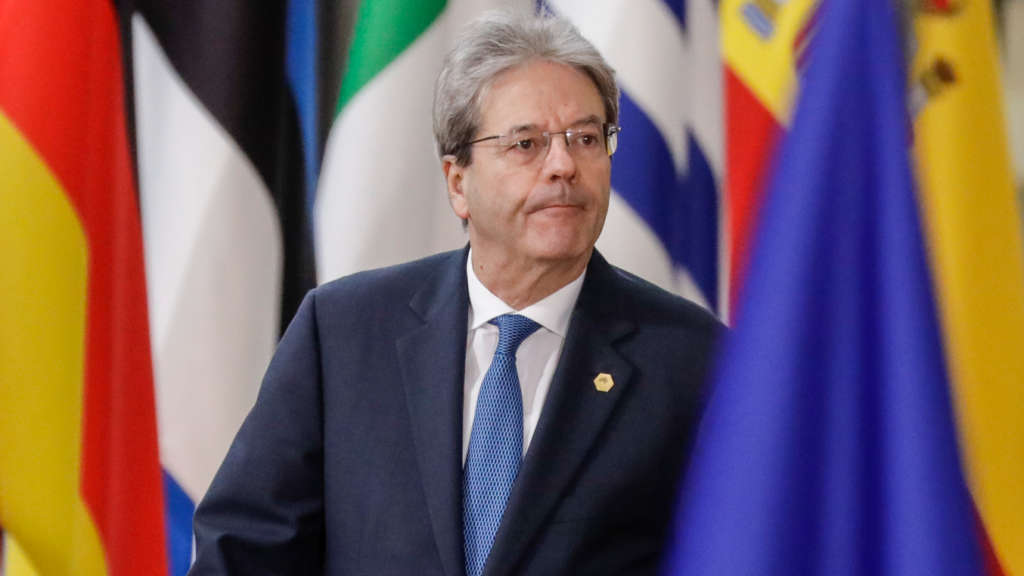A senior EU official has denied that the bloc will enter into a subsidy war with the US over the Inflation Reduction Act (IRA), one of US President Joe Biden's flagship legislative achievements which provides up to $369 billion in green government subsidies.
"We do not need a subsidy war with the United States," Commissioner for Economy Paolo Gentiloni said in a recent interview with several business newspapers, including De Tijd.
"Relations between the European Union and the United States are good. We must not lose sight of the global geopolitical picture. There is not only Ukraine, but also relations between the US and China," Gentiloni stated, adding that the EU wants to talk to its American partners. "They understand very well that the application of the subsidy rules can be tinkered with."
EU officials previously expressed deep dismay over many of the IRA's provisions, including, most notably, the fact that the vast majority of the subsidies are only available for products manufactured in the US. This, in turn, has already encouraged a number of European companies to relocate their manufacturing plants from Europe to America, and led to Commissioner for the Internal Market Thierry Breton going as far as to suggest that the IRA could lead to Europe's "deindustrialisation".
Gentiloni, however, struck a markedly more positive note than Breton, and substantiated his optimism by pointing to a recent breakthrough in transatlantic negotiations which means that some EU-manufactured electric vehicles are now eligible for tax credits in the US.
"For the production of electric cars, we are already satisfied with what we have achieved," Gentiloni said. "European cars will be afforded the same advantages as US-produced cars."
Unity in adversity
Although Gentiloni admitted that the IRA raises a "problem" for Europe's "competitiveness", he was careful to emphasise that the legislation had merely compounded the structural disadvantage currently faced by European manufacturers relative to American ones, with energy prices in Europe now multiple times higher than they are in the US.
"The problem is that those US subsidies come on top of the war in Ukraine and the energy crisis," Gentiloni explained. "The Covid-19 crisis hit Europe, China and the USA equally hard, but the next two crises hit Europe harder than the USA. We must not underestimate the competitive disadvantage of high energy prices. It can persuade European manufacturers to move. That would be bad for our competitiveness."
Related News
- US protectionism poses 'existential challenge' to Europe, say EU leaders
- 'Tough year': IMF predicts half of EU to be in recession in 2023
Gentiloni also noted that the EU should respond to these challenges by "increasing our competitiveness" rather than through protectionist policies such as tariffs. In particular, he highlighted the need for closer European integration, and that the EU's current model of "flexible state aid rules" should be combined with Member States' joint funding of industrial projects in the form of a European Sovereignty Fund.
"We have to realise that we need to have joint funding," he said. "[If] we only have the relaxation of state aid rules as an instrument... we risk widening the disparities between Member States. Some countries have deeper pockets than others."

